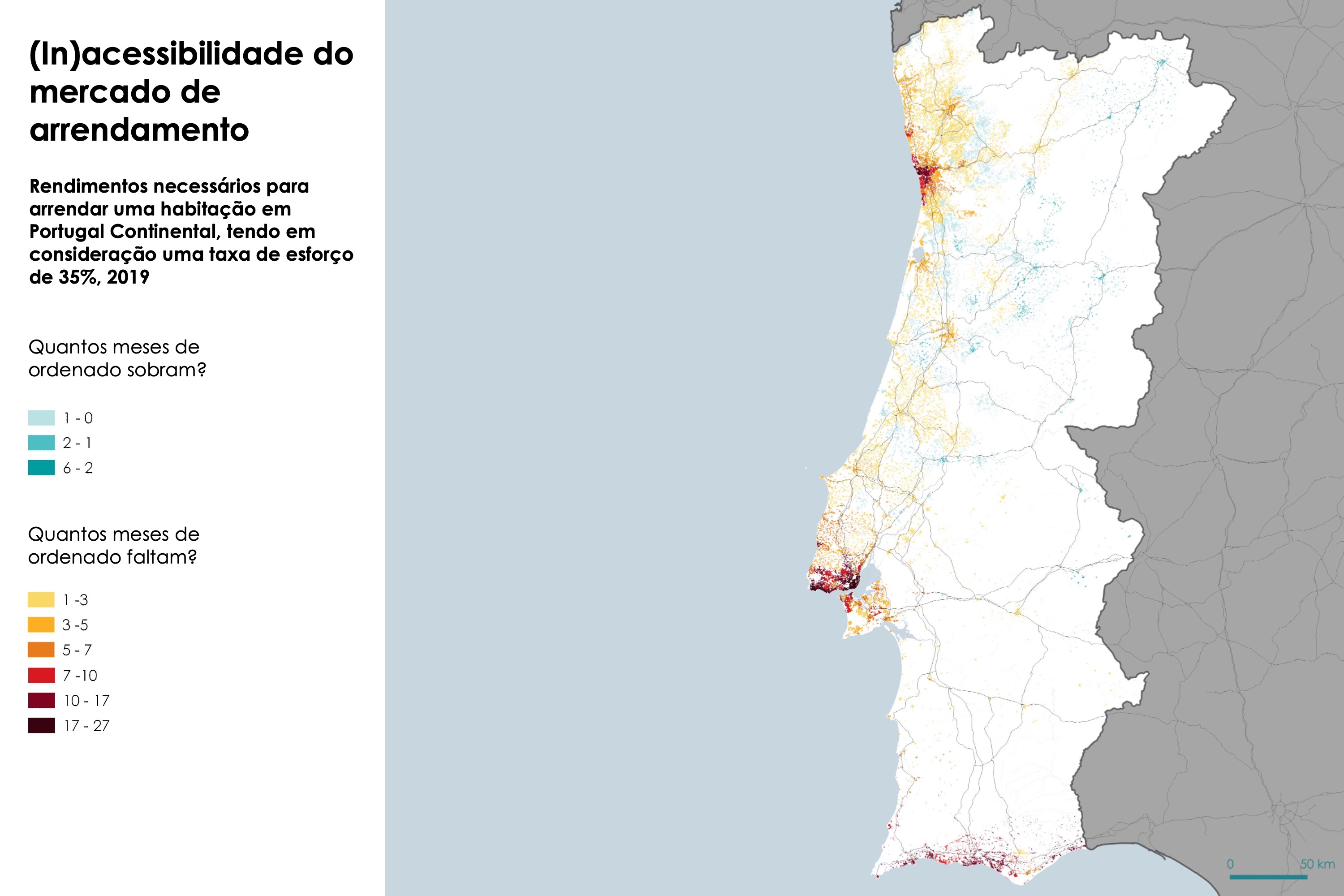LOGO
The LOcal GOvernance of housing policy
A study of municipal housing strategies | LOGO

The LOcal GOvernance of housing policy
Start Year
2023 (On going)
Duration
36 months
Principal Investigator
Marco Allegra
Co-principal Investigator
Sónia Alves
Funding Entity
FCT, Fundação para a Ciência e a Tecnologia
Projectos em todos os Domínios Científicos modalidade IC&DT
Funding Value
249.586,73 euros
70.540,74 euros (FAUP)
Project Reference
2022.03719.PTDC
Proposing Institution
Instituto de Ciências Sociais da Universidade de Lisboa ICS-U
Partner Institutions
CEAU-FAUP
Abstract
Recent years have seen a resurgence of European and global debates on housing policy, and growing social and political conflicts around housing issues. Portugal is no exception; the combined impact of the 2008 economic crisis and the subsequent recovery based on a tourism and real estate boom have created a housing crisis of large proportions, which in turn has spurred a resurgence of housing conflicts. While its full impact is still difficult to grasp, the Covid pandemic has already impacted housing issues in innumerable ways; thoroughly altered the socioeconomic landscape in which housing policy operates; and produced significant policy shifts at EU level (e.g. the Next Generation EU, which brought about the Portuguese Recovery and Resilience Plan).
This is context in which two important Portuguese housing reforms are being implemented. In 2017 the government launched the New Generation of Housing Policies (NGHP), which promises a significant raise in the quota of public-supported housing from 2% to 5% of the total housing stock by 2025. In 2019 the Parliament approved the Framework Law on Housing (FLH) in order to give substance to the constitutional provisions on housing rights and to the state responsibility in protecting them. Albeit with different undertones, both the NGHP and FLH wish to introduce a more integrated and participatory model of governance, and point to the systematic production and circulation of knowledge as a key factor for policymaking.
To implement these goals, the FLH and the NGPH have introduced new administrative tools to foster the development of local housing strategies – respectively, the Municipal Housing Charters (MHCs) and the Local Housing Strategies (LHSs). The NGPH, for the first time, makes the existence of municipal housing plans a prerequisite to accessing state funds for housing, and especially those of the main NGPH program, the First Right, which has recently been boosted by €1.2bn of Next Generation EU funds.
The NGPH has set an ambitious quantitative goal for Portuguese housing policy and, together with the FLH, promised a paradigmatic shift in the governance of the sector. In this respect, Portugal’s case is of particular interests because of the intensity of the pre-pandemic housing crisis and the centrality that housing is assuming in post-pandemic policies.
The road ahead, however, is not devoid of potential pitfalls (see e.g. Allegra&Tulumello 2019, Allegra et al 2020, Rede H 2021a, 2021b). The project LOGO will take stock of the ambition of these reforms, which are entering in a crucial phase of implementation, by asking two broad questions:
(a) to what extent the introduction of LHS and MHC marks a turning point with respect to the past trajectory of national housing policies?
(b) to what extent the diffusion LHSs and MHCs will favour participation and stimulate horizontal coordination at local level – and ultimately make housing policy more responsive to the needs of the population more participatory, more democratic?
LOGO has three main aims: producing an original interdisciplinary contribution well beyond the narrow field of housing studies (see literature review); providing the first comprehensive assessment of the diffusion of municipal housing plans (LHS and MHC) in Portugal; and contributing to foster an integrated and participatory approach to housing governance through a number of initiatives directed to the policy community.
In theoretical terms, our approach builds on (i) a contextual and political understanding of housing governance (Allen et al 2004; Allegra et al 2020; see also Griggs et al 2014) which allows for a critical exploration of the potential of “governance-driven democratization” (Warren 2009); and (ii) on a constructivist understanding of policy-relevant knowledge which acknowledges its contingent and negotiated character (Fischer 2009, Wagenaar&Cook 2003, Rokem&Allegra 2016) and invites the exploration of practices of co-production in policy design and implementation (Jasanoff 2004).
In practical terms, LOGO’s background is constituted by substantial research experience accumulated through previous projects. Its multidisciplinary nature is reflected in the composition of the research team, whose work will be supported by an international Steering Committee and by two of the leading Portuguese research institutions in the fields of urban studies, geography, architecture, and planning (ICS and CEAU).
Team
Marco Allegra (Investigador Responsável)
Instituto de Ciências Sociais da Universidade de Lisboa ICS-UL
Sónia Alves (Co-Investigador Responsável)
Instituto de Ciências Sociais da Universidade de Lisboa ICS-UL
Aitor Varea Oro
Faculdade de Arquitectura da Universidade do Porto
Ana Silva Fernandes
Faculdade de Arquitectura da Universidade do Porto
Antonio Gori
Instituto de Ciências Sociais da Universidade de Lisboa ICS-UL
Luís de Sousa
Instituto de Ciências Sociais da Universidade de Lisboa ICS-UL
Manuel Ferreira Ramos
Associação Nacional de Assembleias Municipais
Nuno Travasso
Faculdade de Arquitectura da Universidade do Porto
Roberto Falanga
Instituto de Ciências Sociais da Universidade de Lisboa ICS-UL
Simone Tulumello
Instituto de Ciências Sociais da Universidade de Lisboa ICS-UL
Teresa Calix
Faculdade de Arquitectura da Universidade do Porto
Instituições colaboradoras
Associação Nacional de Assembleias Municipais, ANAM